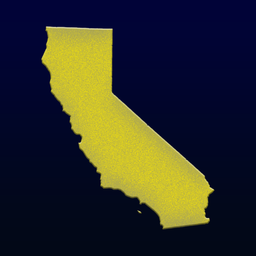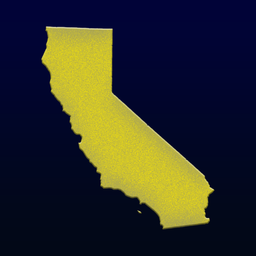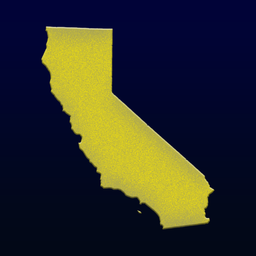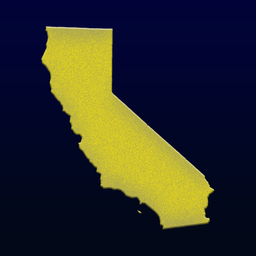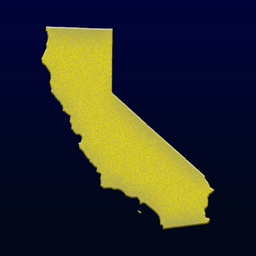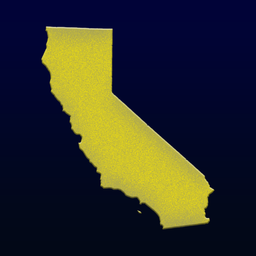Discounts and promotions can be powerful tools to attract customers—but if you don’t understand how they affect sales tax, you risk overpaying or underreporting.
California businesses are required to collect and remit sales tax based on how a deal is structured—not just the final amount a customer pays. The CDTFA looks at who funds the discount, whether it’s part of a bundle, and how it appears in your receipts.
This guide explains how common business promotions are taxed in California and how to stay compliant.
Key Question: Are You Reimbursed?
The most important factor is whether you (the retailer) are reimbursed for the discount by a third party like a manufacturer or marketing partner.
- If you are reimbursed, tax generally applies to the full pre-discount price.
- If you are not reimbursed, and the discount comes out of your pocket, you usually collect tax on the discounted price.
Discount Types and Their Tax Treatment
| Promotion Type | Retailer Reimbursed? | Tax Applied To |
|---|---|---|
| Store Coupon | No | Discounted Price |
| Manufacturer Coupon | Yes | Full Price |
| Store-Funded Rebate | No | Discounted Price |
| Third-Party Rebate (Instant or Mail-In) | Yes | Full Price |
| BOGO (Buy One, Get One Free) | N/A | Full Value of Both Items |
| Bundle Pricing (e.g. 2 for $20) | N/A | Entire Bundle Price |
| Gift Card Promotions | Yes (usually) | Tax Based on Full Item Price |
Documentation Tips for Compliance
- Itemize discounts clearly on receipts. Avoid simply lowering the price without noting that a discount was applied.
- Keep proof of third-party reimbursement (e.g., contracts with manufacturers) in case of audit.
- Train staff and update POS systems to properly apply tax rules to different promo types.
- Match transaction dates on tax returns to the date the product was sold, not when the rebate was processed.
Common Mistakes to Avoid
- Applying discounts post-sale and failing to adjust taxable amount.
- Using a single “price override” field instead of showing the original price and discount line.
- Treating third-party-funded rebates like store discounts.
- Assuming that all BOGO or bundle deals reduce the taxable amount.
FAQs
Q: Do I need to charge tax on a gift-with-purchase?
Yes, unless the gift is truly free and not conditional on another sale. Most “free gift” promotions are taxable as part of the total transaction.
Q: What if I give a discount for cash payment?
Cash discounts are not taxable, but you should document them clearly on the receipt.
Q: Can I avoid tax on discounted items if they’re below cost?
No. Even loss-leader promotions are subject to tax based on the actual selling price, not your margin.
Our Guides to Taxes on Discounts in California






Source and Legal Reference
This page summarizes information from:


